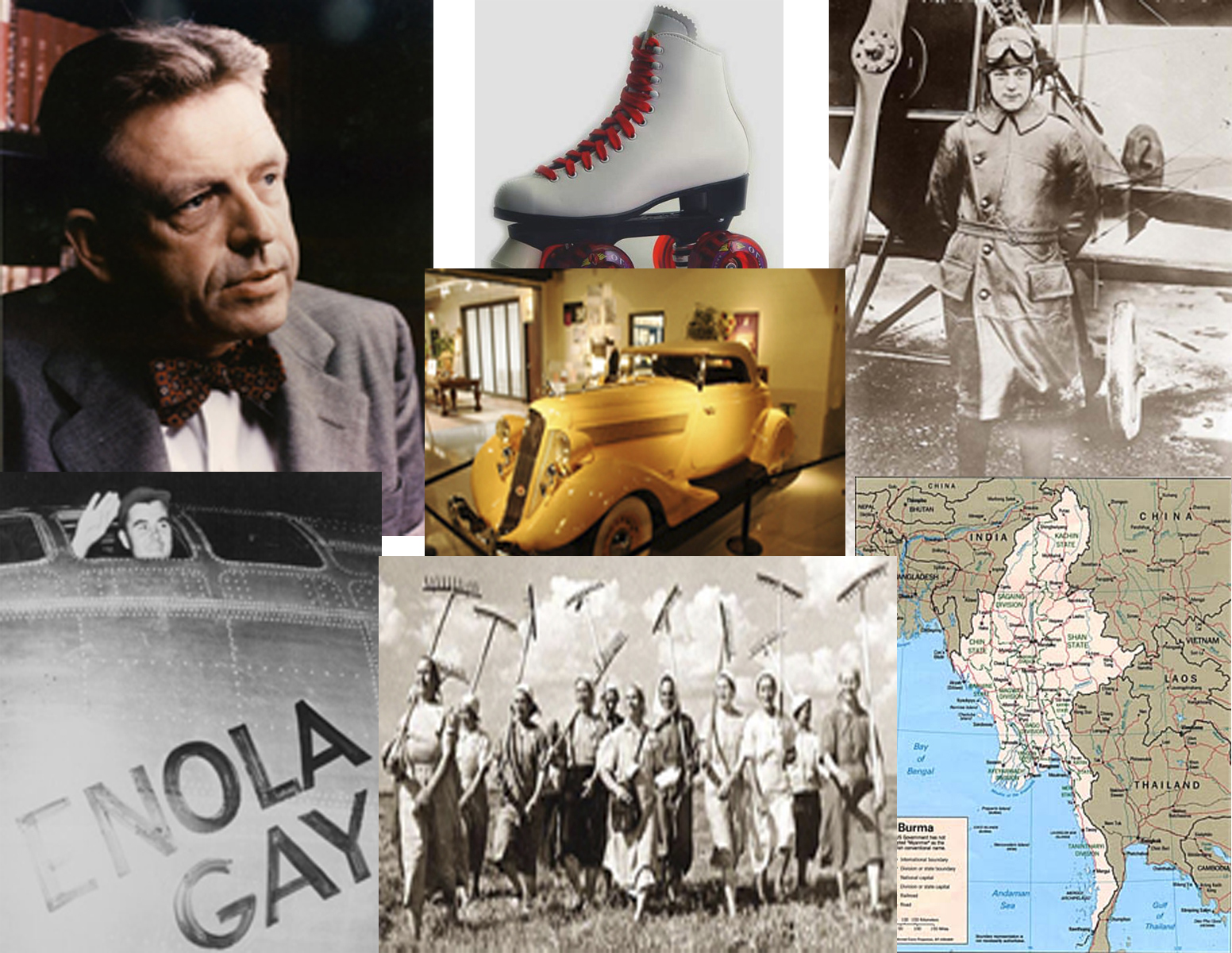Collection context
Summary
- Creator:
- Indiana University Center for Documentary Research and Practice
- Abstract:
- This project is comprised of interviews regarding Homer E. Capehart and in particular, his political career as a Republican United States senator from the state of Indiana from 1944 to 1962. Often emphasized in the interviews is Capehart's organization of the Cornfield Conference in 1938 which served to rejuvenate the Republican Party in Indiana. Also much discussed is Capehart's legendary business acumen and status as a wealthy self-made man, proud of his humble origins. Many of the interviews also deal with national politics, Capehart's friends and political opponents, his impact and influence in Congress (through the Senate Banking and Currency Committee and the Senate Foreign Relations Committee), his personal characteristics, communism, and the reasons for his unexpected defeat in 1962 at the hands of Birch E. Bayh, Jr.
- Extent:
- 29 Interviews
- Language:
- Materials are in English
- Preferred citation:
[interviewee first name last name] interview, by [interviewer first name last name], [interview date(s)], [call number], [project name], Center for Documentary Research and Practice, Indiana University, Bloomington, [page number(s) or tape number and side if no transcript; if digital audio and no transcript, cite time when quote occurs].
Background
- Scope and Content:
This collection contains 29 interviews. The interviews consist of reels and typed transcripts, as well as collateral materials.
- Acquisition information:
- Oral history interviews conducted by the Indiana University Center for the Study of History and Memory from 1968 to the present, with particular focus on the history of twentieth-century America and the Midwest.
- Physical location:
- Interviews are housed in Franklin Hall, Room 0030A. Contact ohrc@indiana.edu for more information. Copies of interview transcripts are also held by the IU Libraries University Archives. For other locations housing the interviews from this project, please contact the Center for Documentary Research and Practice office.
- Physical facet:
- Audio files, transcripts, and collateral materials
Access
- TERMS OF ACCESS:
-
The archive of the Center for Documentary Research and Practice at Indiana University is open to the use of researchers. Copies of transcript pages are available only when such copies are permitted by the deed of gift. Scholars must honor any restrictions the interviewee placed on the use of the interview. Since some of our earlier (pre-computer) transcripts do not exist in final form, any editing marks in a transcript (deletions, additions, corrections) are to be quoted as marked. Audio files may not be copied for patrons unless the deed of gift permits it, and a transcript is unavailable for that interview. The same rules of use that apply to a transcript apply to the audio interview. Interviews may not be reproduced in full for any public use, but excerpted quotes may be used as long as researchers fully cite the data in their research, including accession number, interview date, interviewee's and interviewer's name, and page(s).
- PREFERRED CITATION:
-
[interviewee first name last name] interview, by [interviewer first name last name], [interview date(s)], [call number], [project name], Center for Documentary Research and Practice, Indiana University, Bloomington, [page number(s) or tape number and side if no transcript; if digital audio and no transcript, cite time when quote occurs].
- CAMPUS:
- Indiana University Bloomington
- LOCATION OF THIS COLLECTION:
-
Franklin Hall 0030B601 East Kirkwood AvenueBloomington, Indiana 47405, United States
- CAMPUS:
- Indiana University Bloomington
- CONTACT:
-
812-855-2856ohrc@indiana.edu

